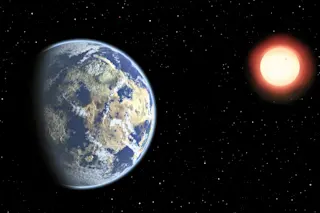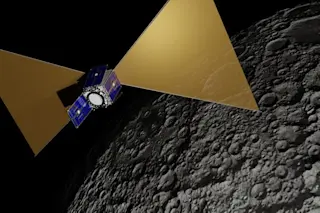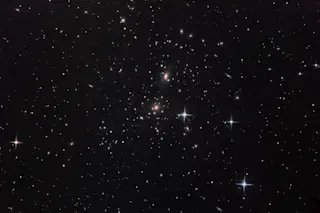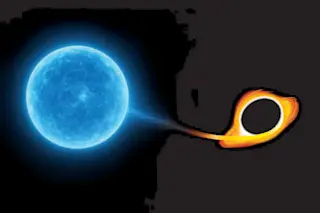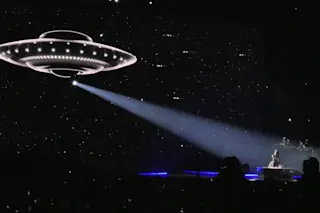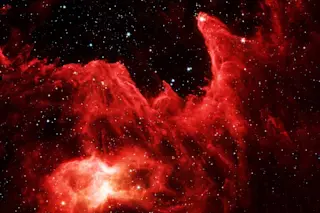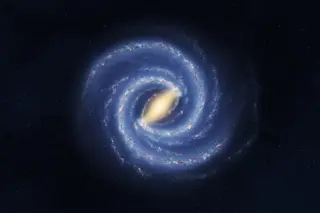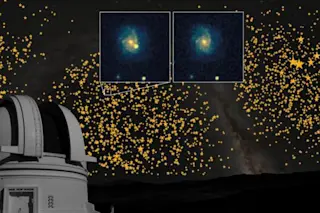An artist's interpretation of a red dwarf star orbited by potentially habitable planets. (Credit: Christine Pulliam/CfA) In universal timescales, our solar system has only been around for a small portion of time as the universe is 13.8 billion years old while the Earth is just 4.5 billion years old. It is thought that there could be life out in the universe that developed billions of years before we did, but a new study predicts that life on Earth is premature. In a new study to be published in the Journal of Cosmology and Astroparticle Physics, Avi Loeb, the lead author of the study from the Harvard-Smithsonian Center for Astrophysics, and his team find that life evolved here earlier than it should have. “If you ask, ‘When is life most likely to emerge?’ you might naively say, ‘Now,’” says Avi Loeb in a press release. “But we find that the chance ...
From a Cosmic Perspective, Is Life on Earth Premature?
Discover the intriguing study suggesting life on Earth is premature, with potentially habitable planets waiting in the future.
More on Discover
Stay Curious
SubscribeTo The Magazine
Save up to 40% off the cover price when you subscribe to Discover magazine.
Subscribe

